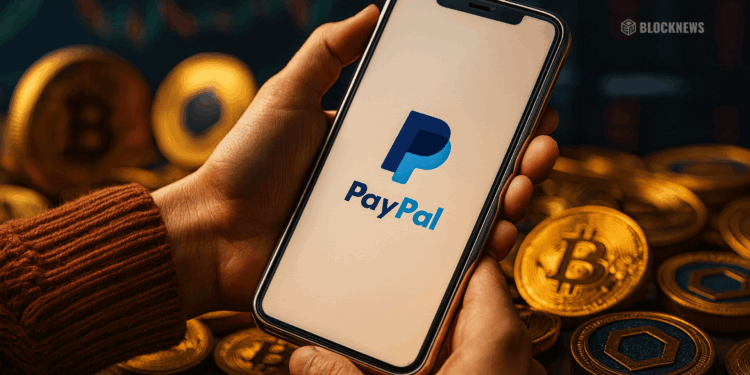- PayPal’s PYUSD expands to 9 new blockchains via LayerZero, reaching beyond Ethereum, Solana, Arbitrum, and Stellar.
- A new permissionless version, PYUSD0, ensures seamless one-to-one swaps and automatic conversions on Berachain and Flow.
- PYUSD supply has surged to $1.3B in 2025, positioning it as a key player in cross-chain DeFi and payments.
PayPal’s stablecoin, PYUSD, is stepping onto a bigger stage. Thanks to a new integration with LayerZero, the $1.3 billion token is no longer tied to just its original networks like Ethereum, Solana, Arbitrum, and Stellar. Instead, it’s now moving into nine more blockchains—spanning Aptos, Avalanche, Tron, Sei, Ink, and a few others—pushing its reach into corners of crypto that were out of bounds until now.
How the LayerZero Integration Works
The integration runs through LayerZero’s Hydra Stargate system, which has created a permissionless version called PYUSD0. This version mirrors the original token one-to-one, making it swappable with the stablecoin at any time. On Berachain and Flow, community-issued versions will automatically convert to the LayerZero-linked standard, meaning users don’t even have to lift a finger for the upgrade.
PYUSD Supply Growth and Market Impact
Since launching in 2023, PYUSD has become one of the fastest-growing payments-backed stablecoins, more than doubling its supply this year alone—from $520 million at the start of 2025 to around $1.3 billion today. The expansion could help the token dig deeper into DeFi and cross-chain payments, especially as demand for reliable dollar-pegged assets rises across multiple ecosystems.
What This Means for PayPal and Users
For PayPal, this move is more than just scaling. It’s about cementing PYUSD as a universal stablecoin that can live in any blockchain environment. And for users, it means greater flexibility to move their dollars seamlessly across DeFi platforms, exchanges, and apps that previously had no access to PayPal’s token.














